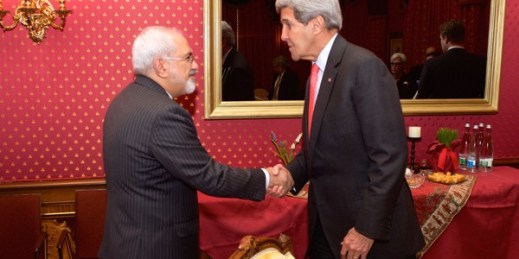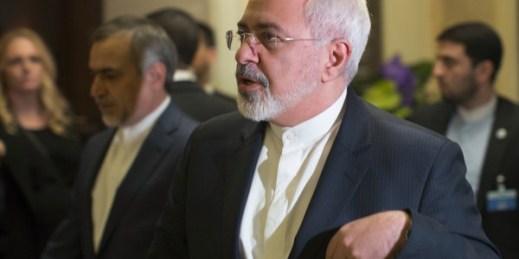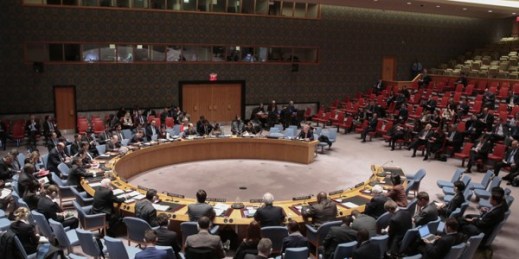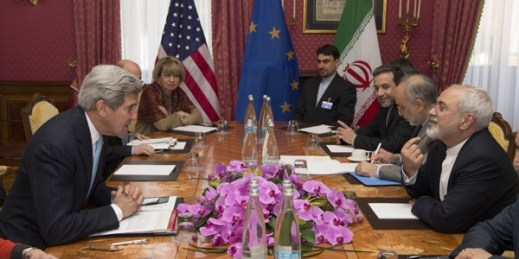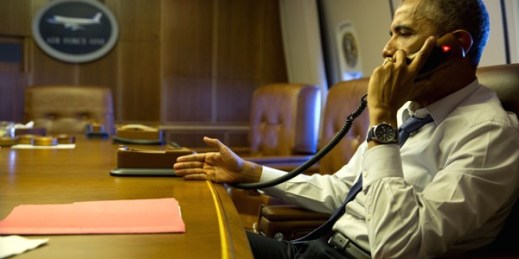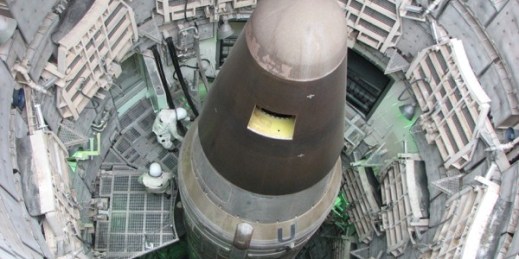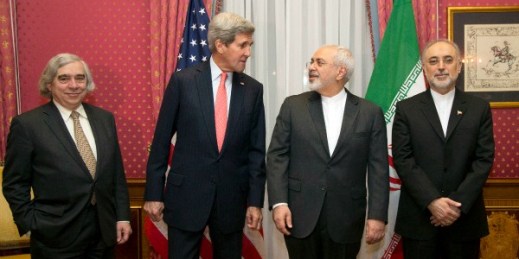
With negotiations for a deal on Iran’s nuclear program getting down to the wire, differences between the U.S. and Israel have come to the fore, highlighted by Israeli Prime Minister Benjamin Netanyahu’s controversial speech to the U.S. Congress in early March. It would be a mistake to reduce these differences to the personal animosity reported to exist between Netanyahu and U.S. President Barack Obama. As Steven Metz explained in his WPR column last week, they have more to do with America and Israel’s different strategic cultures. But they also reflect how the dramatic changes in the Middle East’s geopolitical landscape […]

